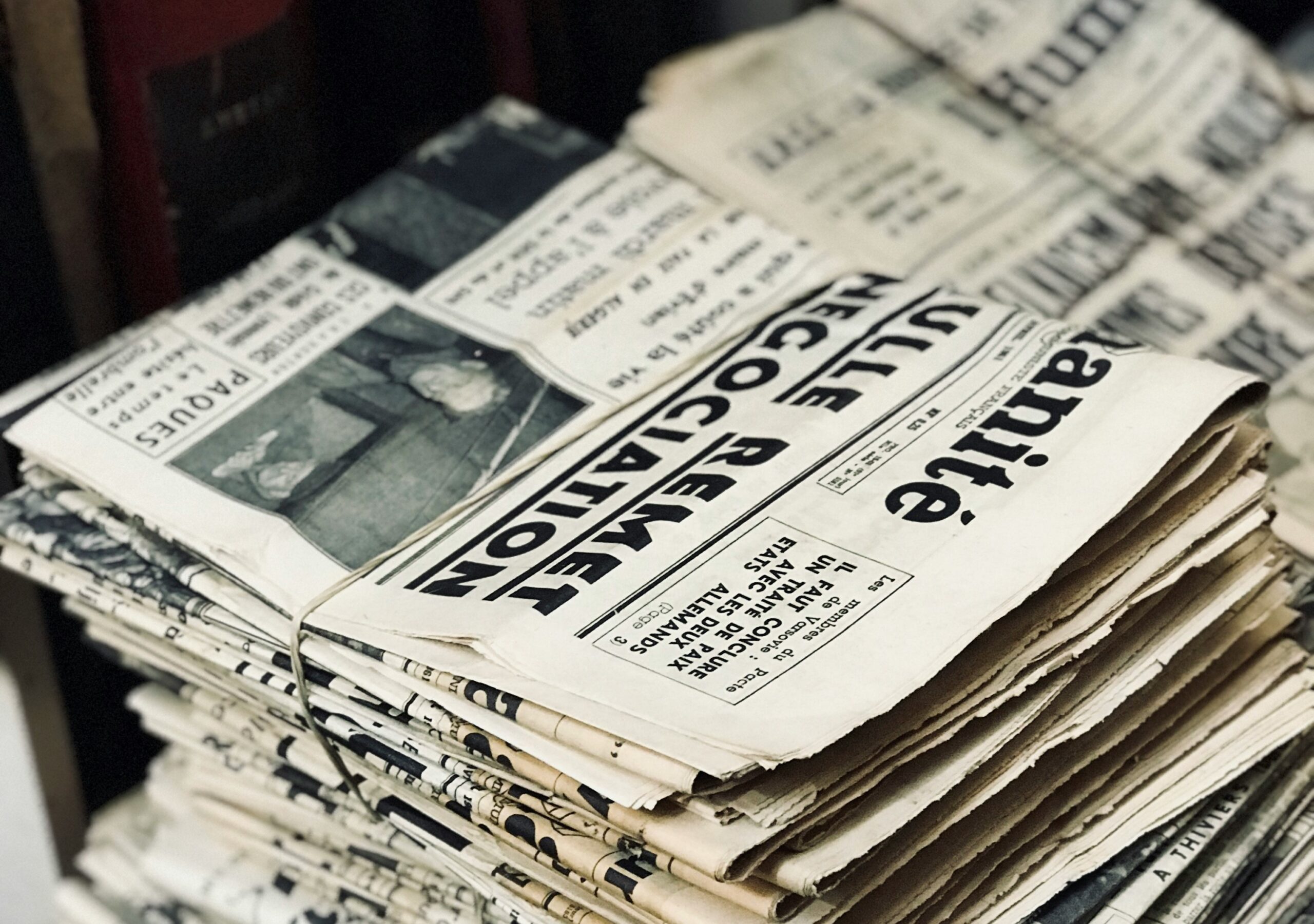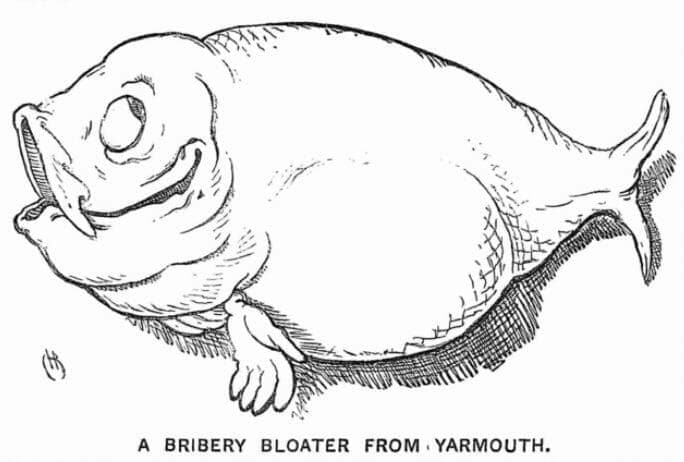│By Poppy Sargent, Gale Ambassador at the University of Exeter│
Exploring women’s liberation throughout the years reveals a journey of bravery, courage, and transformation. From the beginning of the women’s liberation movement to the twentieth century, women have held a powerful position in society, whether this be in the workplace, politics, or simply social aspects of society.
Leveraging insights from Gale Primary Sources, this exploration delves into the ways in which women’s liberation was advertised, highlighting key events which led up to the result of women’s suffrage in the United States, various leaflets and posters used to advertise suffrage, and how these can be used to influence modern day suffrage articles. Gale’s extensive archives highlight the crucial role of the media in advertising women’s suffrage.


